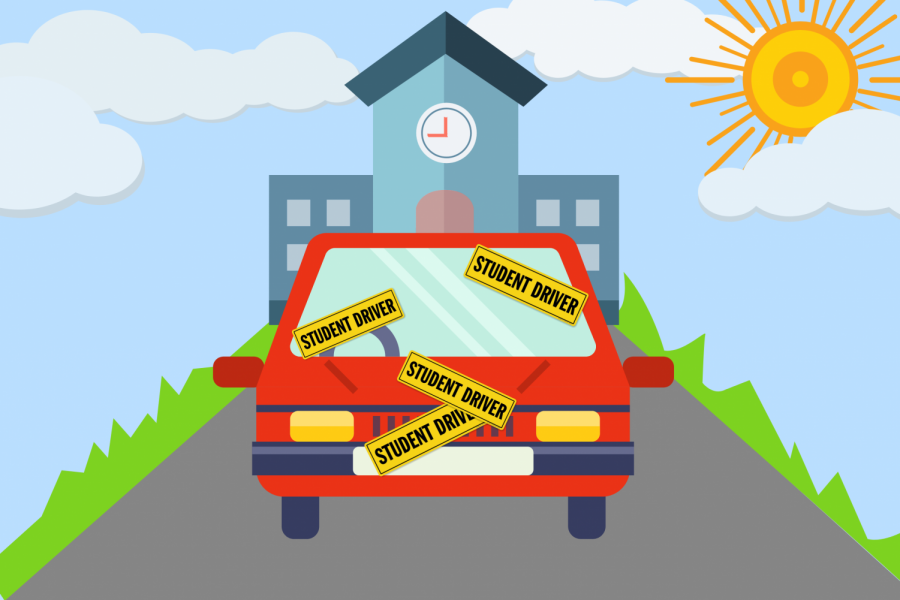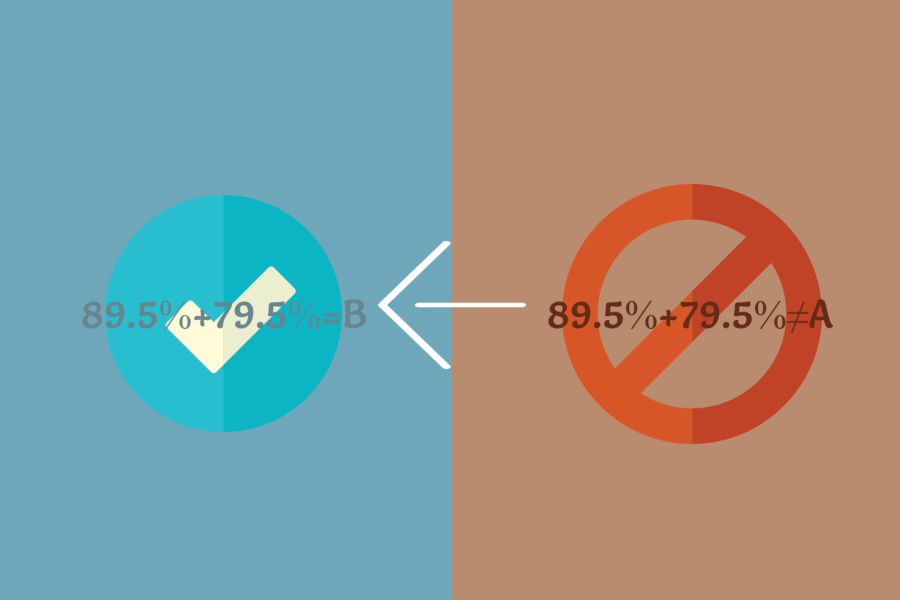This year, the Churchill community suffered devastating losses when two students took their own lives.
In February, sophomore Alex Baumann took their own life (Baumann identified as non-binary, meaning gender neutral and preferring the pronoun “they”) and tragedy struck again when junior Anna Castillo, known as Maya Castle to her friends, chose to end her life in April.

Castillo and Baumann are just two of 4,250 American teens who commit suicide each year.
Students at Churchill are now calling for the administration to take action and honor their classmates’ lives by starting a mental health campaign in their school, hoping to prevent future tragedies.
Whitman should follow Churchill’s lead and raise more awareness for mental health. It’s imperative that we dedicate a day to teach students about this under-acknowledged issue. Presentations from psychologists about the impact of mental health on teens, as well as stations providing information about how to get involved from national mental health organizations like the National Alliance on Mental Illness, could all be a part of a mental health awareness day. These actions would raise recognition and understanding concerning the mental health issues that are prevalent in our school and society.
Whitman is home to Sources of Strength and Umttr clubs that aid students who are coping with mental illnesses. These clubs also provide a place for other students to get involved throughout the school. Both clubs help raise awareness for mental illness, but Whitman needs to make a coordinated effort to help educate the entire community. In order to bring this issue the attention it deserves, we need to dedicate a whole day to raise awareness.
Most students can recognize diseases like cancer, but mental conditions, where the symptoms aren’t always visible, often go undiscussed. Mental illnesses like depression or anxiety can be just as severe as any physical condition—and are just as common.
One in five teens between the ages of 13 and 18 suffer from a mental disorder with half developing conditions by age 14. But little public knowledge or sympathy exists for those impacted by these conditions, and as a result, those affected are often left feeling alone and ashamed. In fact, when discussing their mental illness with others, only about 25 percent of people felt that they were treated with compassion, according to a recent Huffington Post article.
This lack of knowledge and awareness carries an unspoken stigma that needs to be addressed in a serious, focused manner. Raising awareness through an educational mental health day will inform students of the impacts and prevalence of these diseases and help students become more compassionate. Only with this new sense of compassion can we help those who are suffering and finally remove the unspoken stigma.
Students need to be equipped with the skills to address these issues. A mental health awareness day would help teach students about how to combat these disorders by informing them of the signs and effects that mental health issues have on teens. It would also publicize resources that help people suffering from mental disorders, emphasizing the prevalence of these issues in students’ daily lives.
We need to ensure that people suffering from the repercussions of mental illnesses feel comfortable talking about their disease and asking for help.
Most of the time, we have no idea who is suffering. It could be a classmate, teacher or friend. Churchill has done the right thing by taking the first step and addressing a serious issue that affects us all. Now it is time we start a conversation about mental health so that nobody has to suffer in silence again.










